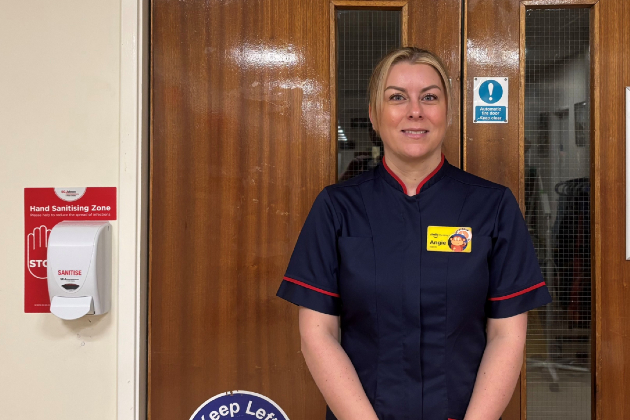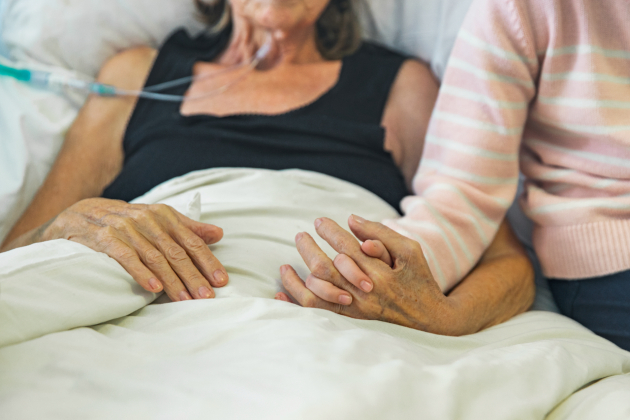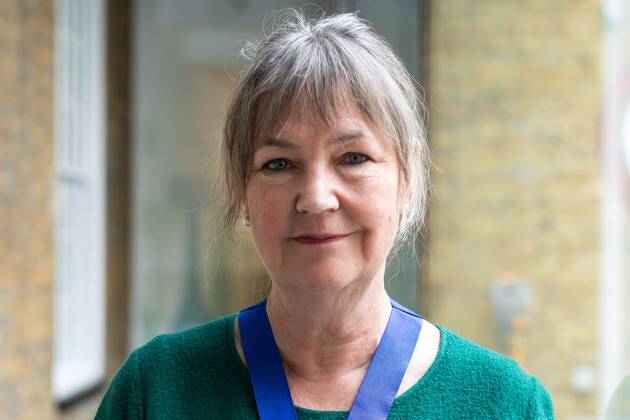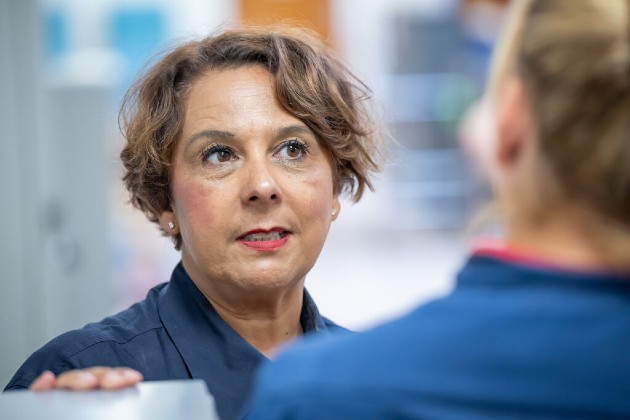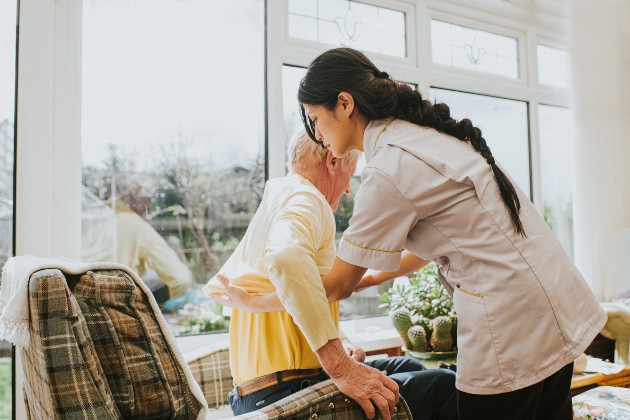Living and working in a sustainable way isn’t always easy but it’s more important now than ever.
It’s been an area of interest for me for a long time, so I’m delighted that from the new year I’ll be the first clinical sustainability lead in my trust. I’ll have one day a week to work on sustainable projects and I can take a lead on signposting others to the right information and facilities to help make our trust a more sustainable place to work.
It’s a massive project, of course, but I already have several plans such as reducing unnecessary uses of PPE in the intensive care team, getting rid of plastic cups, and getting sustainability learning included in the mandatory trust training.
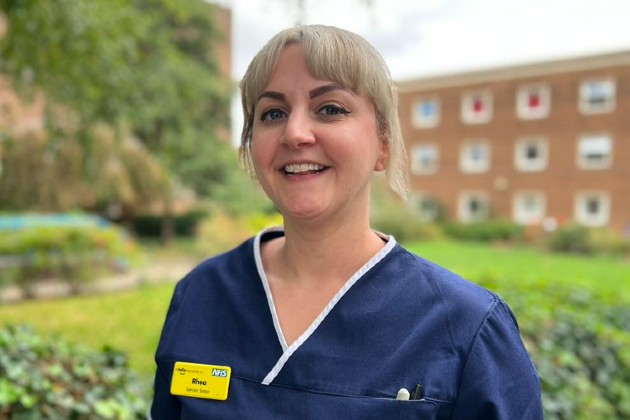
Correct waste disposal is important too. I plan to use red, amber and green labels in the ITU storerooms to start with, so people can see at a glance the sustainability and cost implications of what we use. I hope to roll this out across the trust.
As we approach the festive season or any other celebrations, we can take these lessons into our personal lives too. As so many of us are looking to cut costs, small changes can make a big difference.
We’re all run off our feet – time is so precious, and it can be easy to see spending money as a quick win to please the family. But I’d urge you to pause and remember living sustainably is cheaper if you buy less and reuse more. There can be initial cost outlays, of course, but try to remember what’s good for the planet and your finances.
Let’s use our days off wisely. If all you’re doing is running around buying unnecessary items, you’ll never get the rest you need and deserve. Perhaps the most important gift this Christmas is the gift of quality time with the people you love.
But sustainability isn’t just for Christmas. Taking this approach to your work and personal life into the new year and beyond can help make your money go further alongside long-term benefits for the planet and all our futures.
10 sustainable Christmas tips
- Buy fewer things. We’ve all got into the habit of wanting something and expecting it quickly. But ask yourself if you really need it.
- Presents. Being with people and having new experiences is more important than presents. Perhaps consider a day out with your friends in January instead of a Christmas present this year? Or consider using a secret Santa with your loved ones. It means you can limit your spending to just one more meaningful present for your family or friends.
- Second hand is not second best. Reuse sites, charity shops, Vinted and Facebook Marketplace are all great places to start.
- Shop small. If you must buy new, shop small and local so you don’t have to worry about the financial and environmental impact of delivery.
- Avoid gift sets covered in plastic. If you want to buy toiletries, look for solid goods with ethical packaging.
- Think about your wrapping. Use brown paper or reusable bags and avoid glitter.
- Eat and drink sustainably. Add more vegetarian or vegan food to your festive diet while avoiding food waste as much as you can. Compost any leftovers.
- Green Christmas tree. Consider renting one or getting one in a pot which you can keep in the garden throughout the year to use again. You can get information on looking after the tree online or from the nursery where it was sold. If you decide to get an artificial tree, remember it only becomes a sustainable option if you intend you use it for many years. If you do have an initial outlay, consider the overall saving. Think about every purchase as a lifetime purchase as that’s how long it’s likely to be around.
- Make it fun but inexpensive. Dry orange in the air fryer and pair with cinnamon, they make great decorations. Make your own Christmas crackers using toilet roll holders and decorations or keepsakes in salt dough.
- Energy use. Lights are pretty this time of year but use solar powered LED lights where you can.
More information
- Find out more about the RCN’s commitment to sustainability.
- Members can get expert advice and information on benefits, housing and more from the RCN Welfare Team. Find out more.



